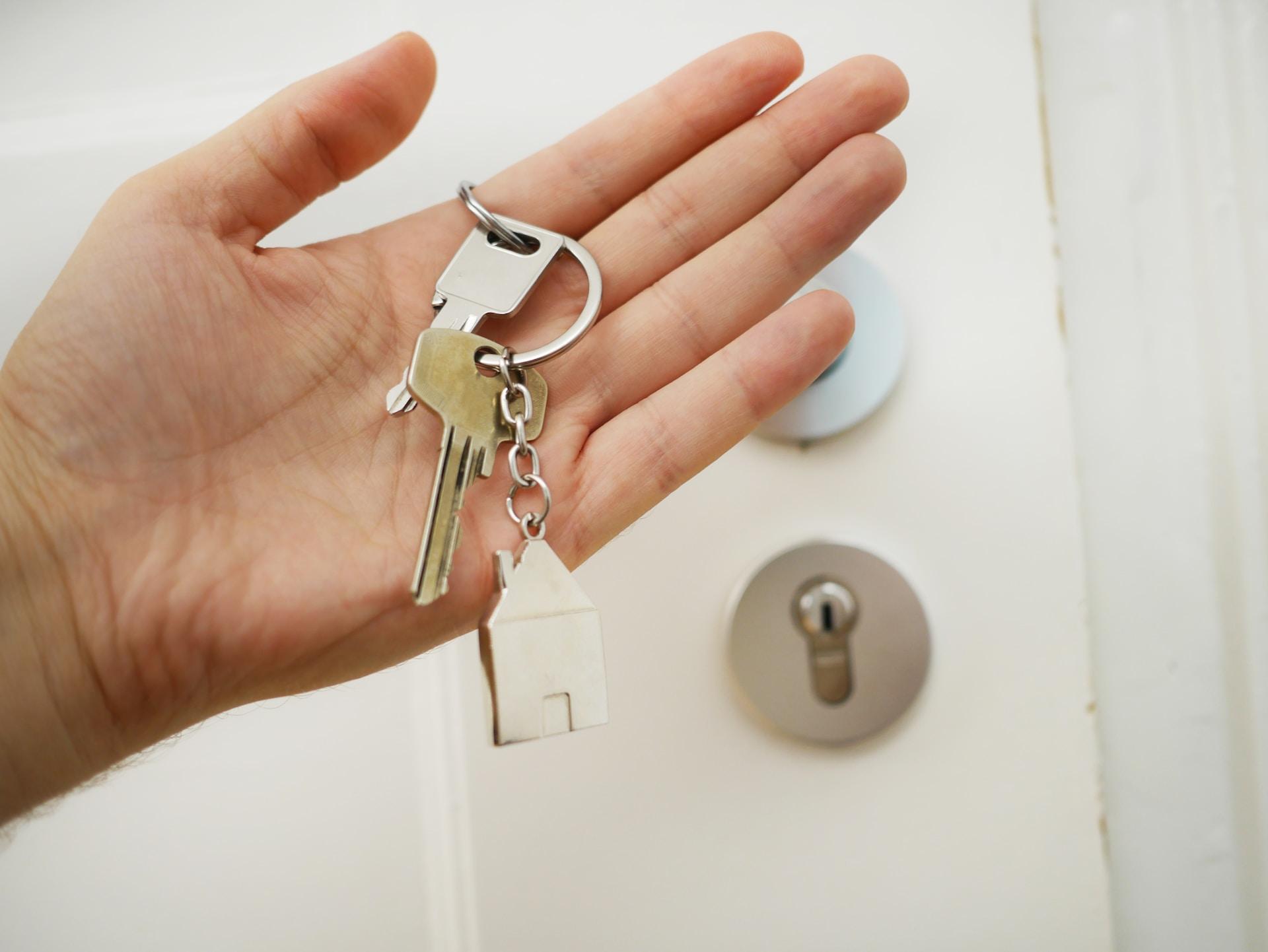Answer: In almost all cases our answer to this question is no. Your friend is likely suggesting this because she has heard of the five year look-back. The look-back refers to the time period immediately prior to the filing of a Medicaid application. During this time period the Department of Social Services will review your assets and any transfers that you have made. To the extent that you have made transfers or have too many assets in your name to qualify, further planning will have to be done in before you can qualify for Chronic Medicaid to cover the cost of Nursing Home care. Because of the look-back, in some cases, planning and transfer of assets is recommended.
However, the outright transfer of property raises some concerns. First, it is important to note that should you decide to transfer your home to your child, under the law, that transfer is considered a completed gift. If a time comes that you want it back, your child is under no obligation to transfer it back to you. Once the gift is made, the house becomes an asset of whomever you have transferred it to and accordingly, becomes available to their creditors. Moreover, absent any agreement to the contrary, in the event that your child is married, the house becomes marital property subject to equitable distribution should they later get divorced. Another important consideration when deciding whether to transfer your home to your child is whether you are currently receiving the Enhanced Star benefit or any Veteran’s Exemption. If so, once the transfer is complete, you lose those property tax advantages. Finally, if you transfer the house to your child during your lifetime and they sell it after your death, they will have to pay a capital gains tax on the difference between what you initially paid for the property and the selling price, minus any improvements.
The good news is that there are other ways to transfer property for the purpose of Medicaid planning without the negative consequences listed above. One option is to transfer your home into an Irrevocable Trust for the benefit of your children. You can gain the same protection for the purpose of Medicaid planning without completely losing your rights and interest in the home. I suggest that you consult with an Elder Law Attorney who is familiar with Medicaid planning before making any decisions.





